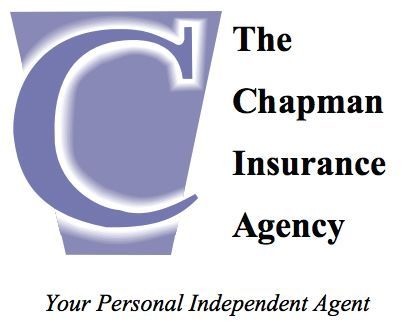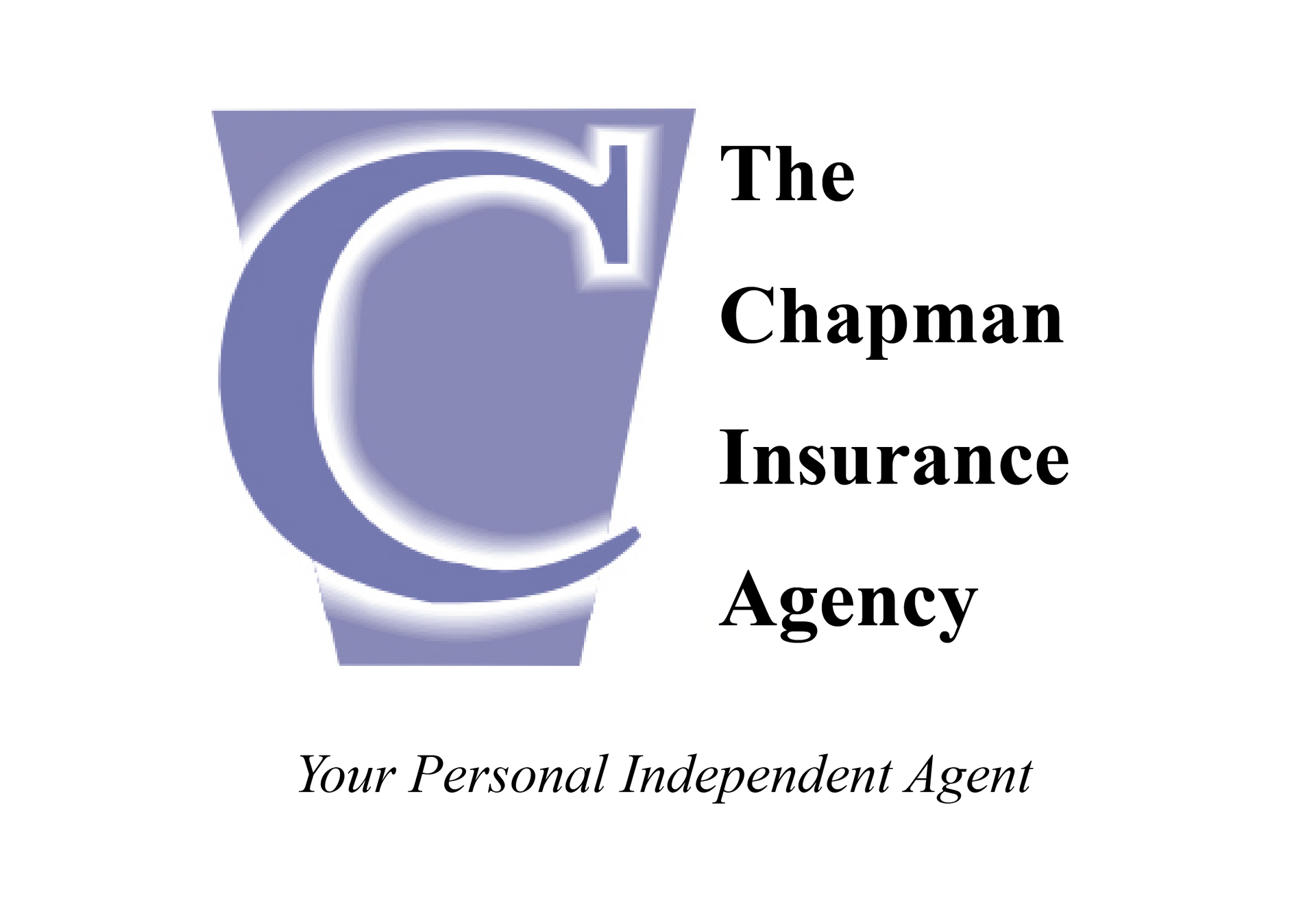Homeownership can be a rewarding experience, except when it comes to the stress of dealing with property line disputes and unexpected damage. Whether it's from a fallen tree, fire, or flooding, these situations can bring anxiety and financial confusion. Understanding your homeowners insurance coverage and property boundary responsibilities is crucial for protecting your investments and gaining peace of mind. In this post, we'll unravel some common questions about homeowners insurance and property boundaries to help you feel more equipped to handle these challenges.
Tree Damage Responsibility
One frequent concern is when a tree from a neighbor’s yard falls onto your home due to a storm. Generally, your insurance policy covers the damage in such events. However, if the tree was dead or in poor condition and the neighbor knew about the risk, their insurance might be the one to bear the expenses.
Fire Damage from a Neighbor’s Property
If your home suffers from fire damage that spreads from a neighboring property, know that homeowners insurance generally steps in to cover such losses. However, if the fire resulted from negligence, like an unattended candle or faulty wiring, your insurance company may pursue the at-fault party’s insurance for reimbursement.
Flooding from a Neighbor’s Property
Flood damage presents unique challenges, especially when the cause is related to a neighbor's malfunctioning downspouts, poor drainage, or landscaping changes. Proving negligence can be difficult, and homeowners insurance typically doesn’t cover flooding. It’s wise to consider a separate flood insurance policy for such eventualities.
Shared Fence Repair Costs
When a shared fence gets damaged in a storm, it's common practice for both homeowners to share the repair costs. However, if the damage was a direct result of one homeowner's actions, they might be responsible for covering the entire cost.
The Insurance Claims Process
The process of claiming insurance when damage originates from a neighbor's property can be perplexing. Insurers generally handle these claims and may initiate subrogation, which means they seek reimbursement from the at-fault party’s insurance if evidence of negligence exists. If negligence can’t be proved, your own policy usually takes care of the damages, without seeking compensation from your neighbor’s insurance.
As you navigate these insurance waters, it's essential to review your current policies and think about additional coverage options, such as flood insurance, to ensure comprehensive protection. To gain deeper insights and customize your insurance to your needs, consult an experienced insurance professional. This step will promote clarity and provide you with peace of mind concerning your coverage details.

